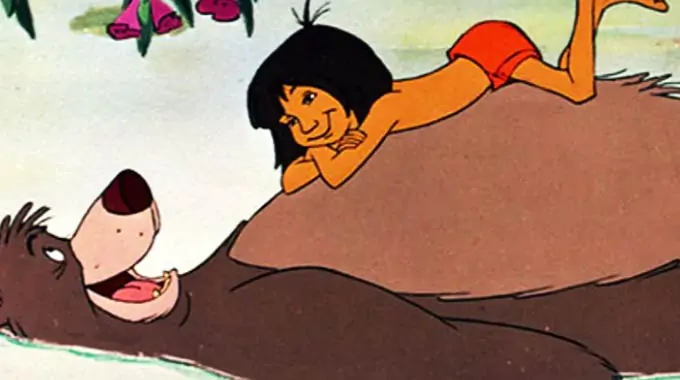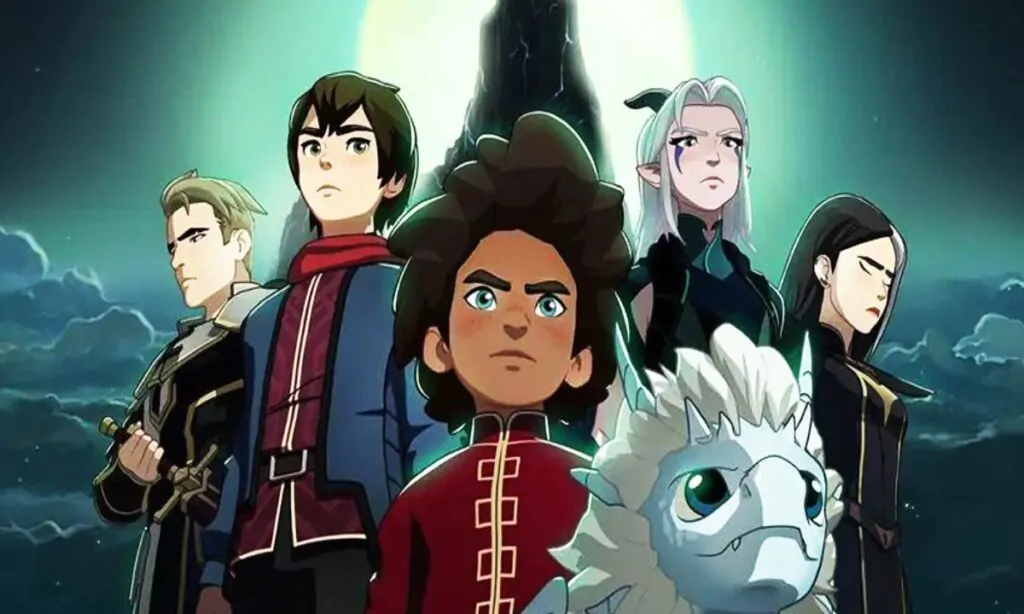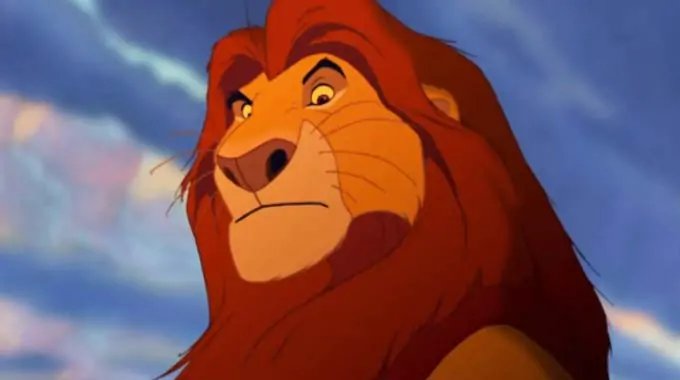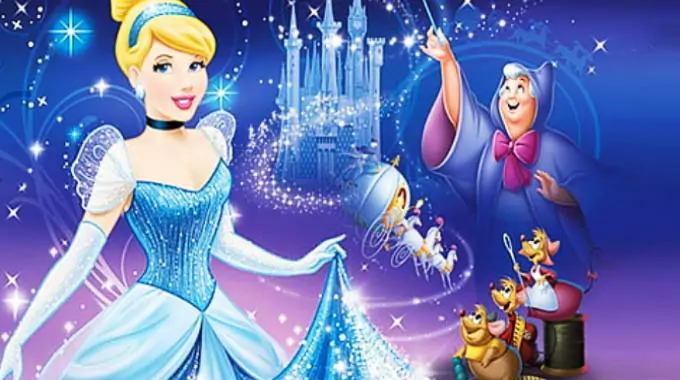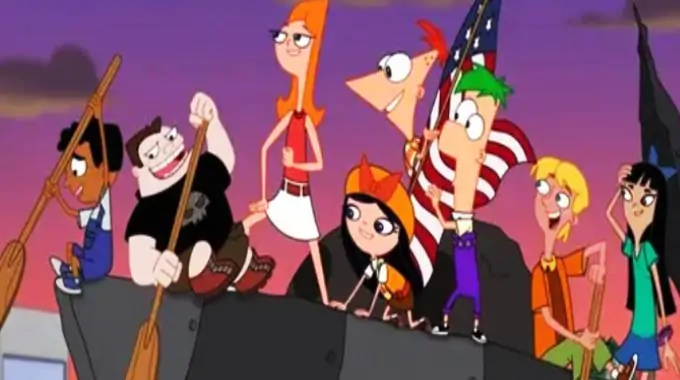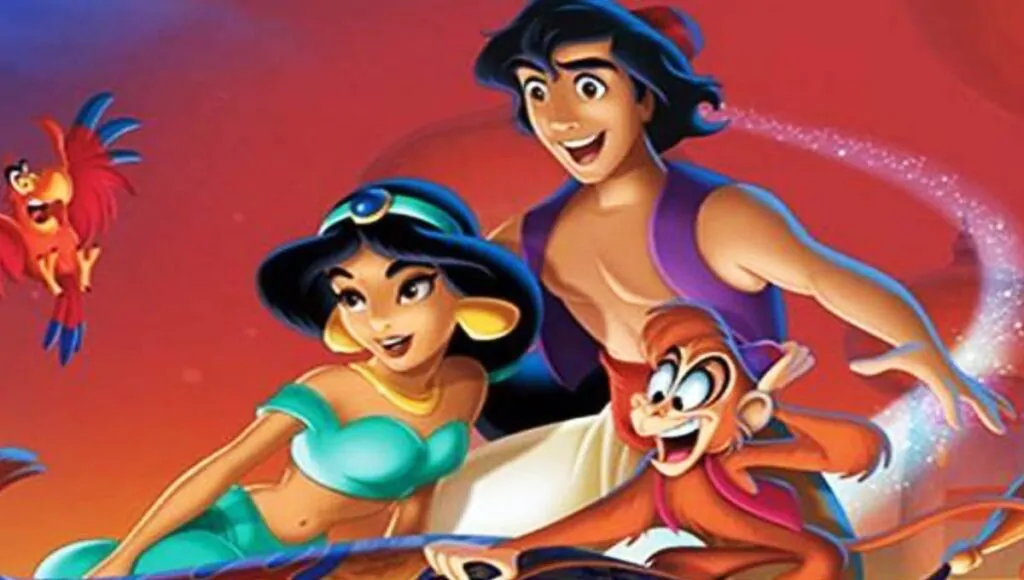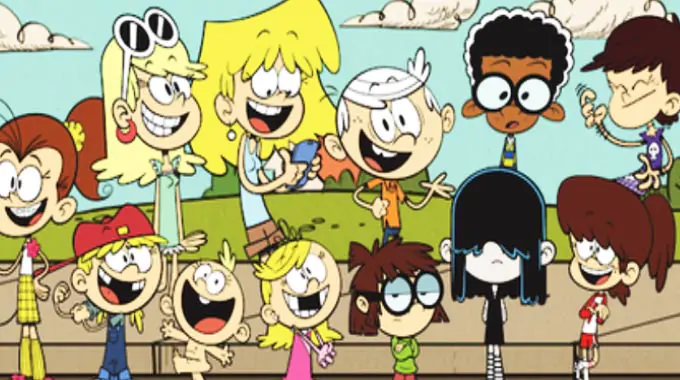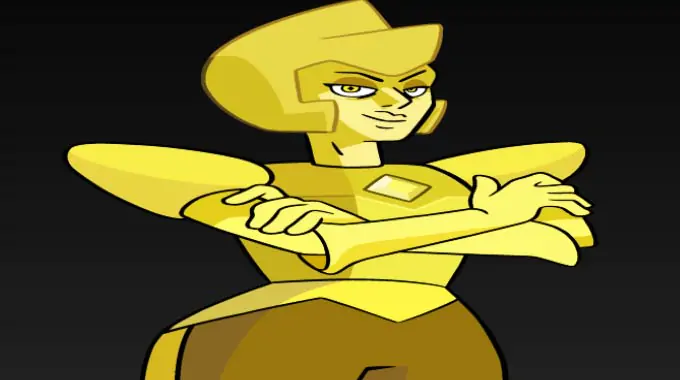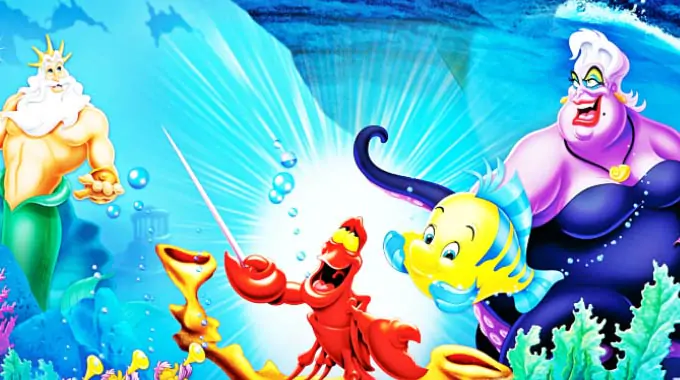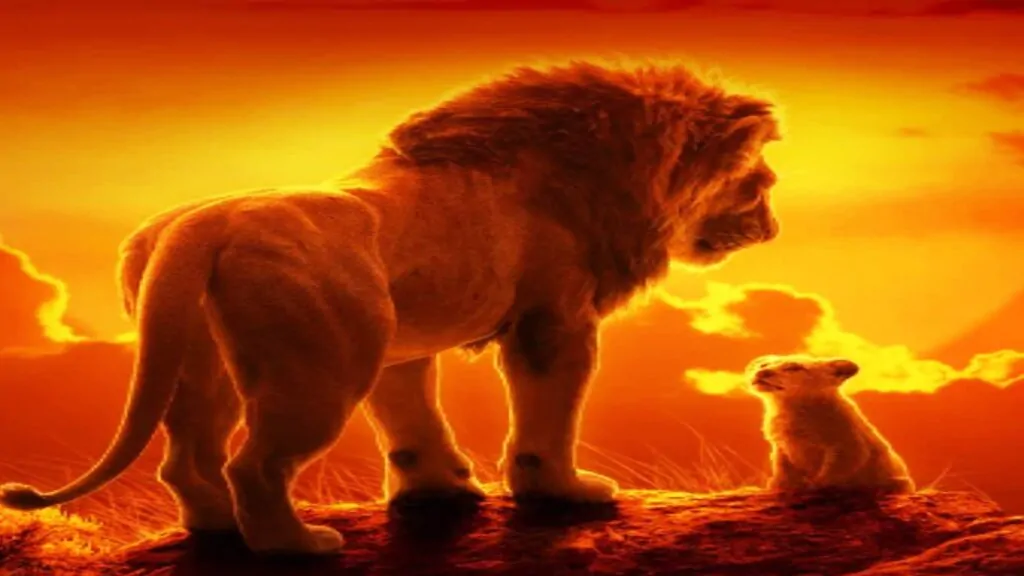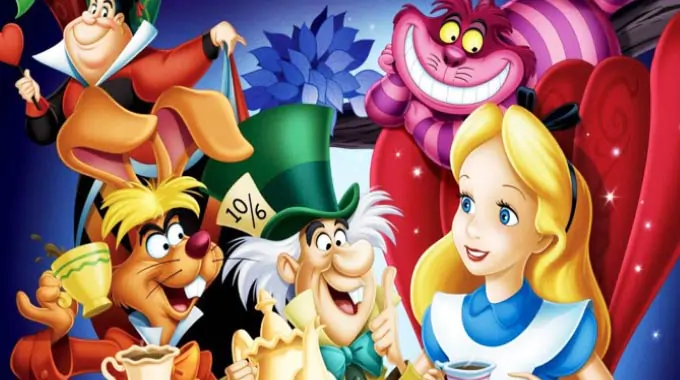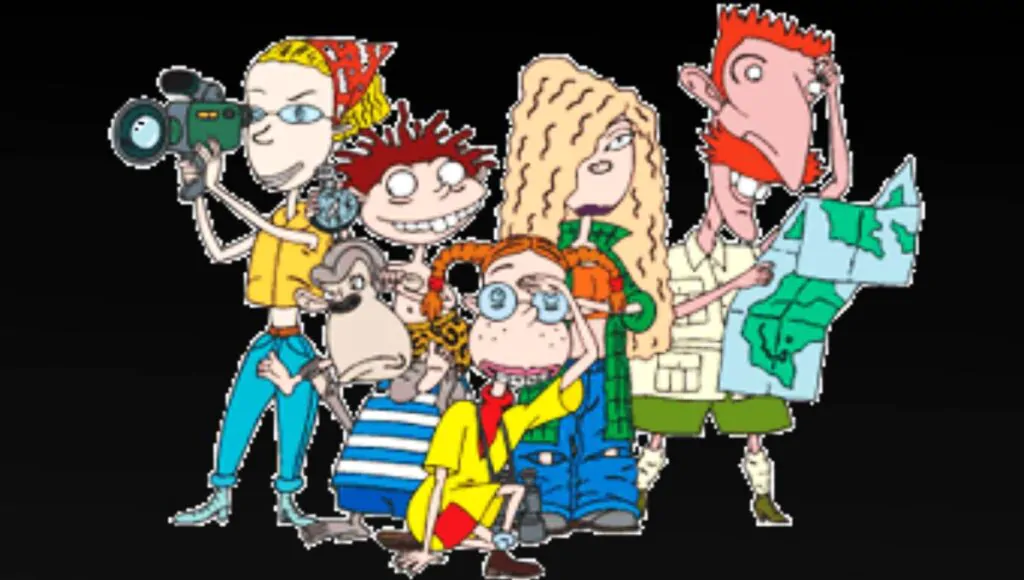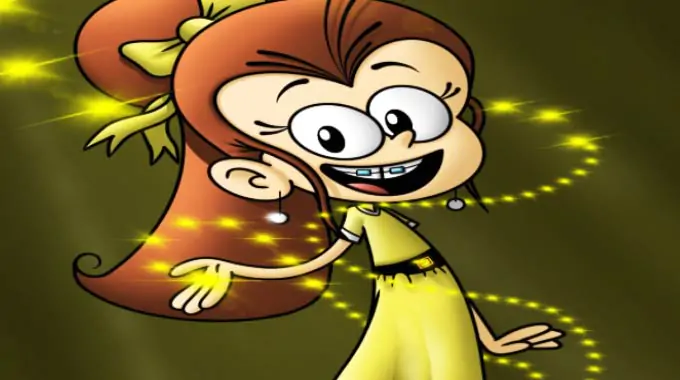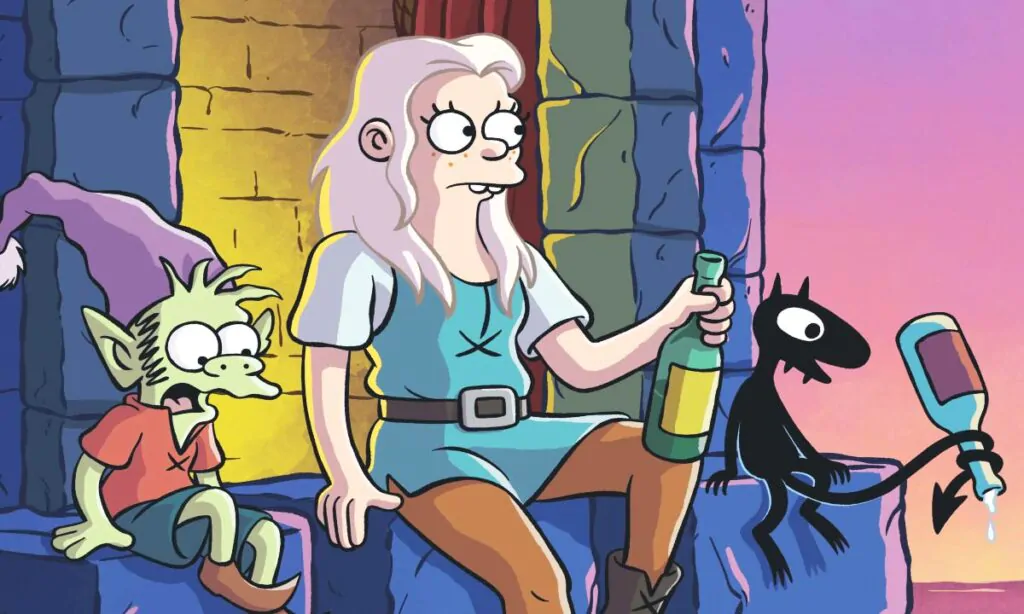List of Princess Mulan facts:-
Mulan is based on the Chinese legend of Hua Mulan, a young woman who disguised herself as a man to join the army and protect her family.
The animated film Mulan was released in 1998, and Mulan became the eighth Disney Princess.
Mulan’s full name is Fa Mulan, and she is the only Disney Princess to have both a given name and a family name.
Mulan is voiced by Ming-Na Wen, who also played Agent Melinda May in the TV series Agents of S.H.I.E.L.D.
Mulan is the first Disney Princess to have a non-Caucasian ethnicity.
Mulan is also the first Disney Princess to have a father who is alive and present throughout the story.
Mulan’s family has a guardian spirit named Mushu, who is voiced by Eddie Murphy.
Mulan’s father is a former soldier, and Mulan idolizes him for his bravery and honor.
Mulan’s grandmother is a humorous character who encourages Mulan to be herself and follow her heart.
Mulan’s love interest is Captain Li Shang, who is her commanding officer in the army.
Mulan’s signature color is green, which symbolizes her resourcefulness, growth, and strength.
Mulan’s hair is tied up in a bun throughout most of the film, but it is shown loose when she is not in disguise as a man.
Mulan’s armor is based on historical Chinese armor, with a red tassel on her helmet that represents her rank.
Mulan’s sword is a family heirloom that she takes with her to the army.
Mulan is skilled in martial arts, archery, and horseback riding, which she learned from her father.
Mulan’s animal sidekick is a cricket named Cri-Kee, who brings her luck.
Mulan’s journey to become a soldier involves cutting her hair short, which is a symbol of her sacrifice and commitment.
Mulan’s friends in the army include Yao, Ling, and Chien-Po, who become her loyal companions.
Mulan’s mission is to defeat the invading Huns and save China, which she accomplishes with her bravery and ingenuity.
Mulan’s greatest challenge is to prove herself as a woman in a man’s world, and to earn the respect of her fellow soldiers.
Mulan’s character arc is about discovering her true identity and finding the courage to be herself, instead of trying to fit into society’s expectations.
Mulan’s song “Reflection” is a powerful ballad about self-discovery and inner strength, and it has become a popular anthem for empowerment.
Mulan’s other songs include “Honor to Us All,” “I’ll Make a Man Out of You,” and “A Girl Worth Fighting For.”
Mulan’s impact on popular culture includes inspiring other female heroes in animation and live-action, such as Korra from Avatar: The Legend of Korra and Rey from Star Wars.
Mulan’s live-action adaptation was released in 2020, starring Liu Yifei as Mulan.
Mulan’s live-action film features new characters and plot changes, such as replacing Mushu with a phoenix as Mulan’s guide and adding a new villain named Bori Khan.
Mulan’s live-action film also incorporates elements of Chinese culture and history, such as the art of calligraphy and the concept of qi.
Mulan is a warrior princess, a term that was coined to describe her and other female characters who defy traditional gender roles and stereotypes.
Mulan’s story is a reflection of Chinese values such as filial piety, loyalty, and courage.
Mulan is the only Disney Princess to have a movie that was not based on a fairy tale.
Mulan’s voice actress, Ming-Na Wen, made a cameo appearance in the live-action adaptation of Mulan.
Mulan’s character was also featured in the Kingdom Hearts video game series, where she joins forces with other Disney and Final Fantasy characters.
Mulan’s father has a memorable quote in the movie: “The greatest gift and honor is having you for a daughter.”
Mulan’s story was adapted into a Broadway musical in 1998, which won a Tony Award for Best Original Score.
Mulan’s story has been adapted into other forms of media, such as comic books, novels, and video games.
Mulan’s character has been praised for being a positive role model for young girls, as she shows that they can be strong and capable, regardless of their gender.
Mulan’s character has also been criticized for perpetuating stereotypes about Asian women, such as being submissive and obedient.
Mulan’s story has been analyzed from a feminist perspective, with some arguing that it challenges traditional gender roles, while others arguing that it reinforces them.
Mulan’s story has been adapted into other cultures, such as the Bollywood film “Aaja Nachle” and the Korean drama “Hwarang.”
Mulan’s story has been used as a symbol of empowerment for various social causes, such as the feminist movement and the LGBTQ+ community.
Mulan’s character has been featured in merchandise such as dolls, clothing, and accessories.
Mulan’s name means “magnolia blossom” in Chinese, which symbolizes femininity and beauty.
Mulan’s story has inspired many fan works, such as fan fiction, fan art, and cosplay.
Mulan’s story has been referenced in other media, such as the TV series “Once Upon a Time” and the movie “Ralph Breaks the Internet.”
Mulan’s story has been adapted into a stage play in China, which features traditional Chinese opera and acrobatics.
Mulan’s character has been featured in theme park attractions and shows, such as “Mickey’s Royal Friendship Faire” and “Mickey’s Soundsational Parade.”
Mulan’s story has been translated into various languages, such as Mandarin, Cantonese, and Spanish.
Mulan’s story has been used as a teaching tool for cultural diversity and inclusion.
Mulan’s story has become a cultural icon and a symbol of Chinese-American identity, as it represents the struggle to balance one’s heritage and one’s individuality.
Mulan is the first Disney Princess to have a younger brother, named Ting-Ting.
Mulan’s story was initially planned to be a straight-to-video release, but due to the success of its production, it was released in theaters.
Mulan’s character is the first Asian Disney Princess and the first Disney Princess to be based on a real historical figure.
Mulan’s story has been adapted into various languages for its international releases, and the movie was even dubbed into ancient Egyptian.
Mulan’s story has been parodied in various forms of media, such as “Family Guy” and “The Simpsons.”
